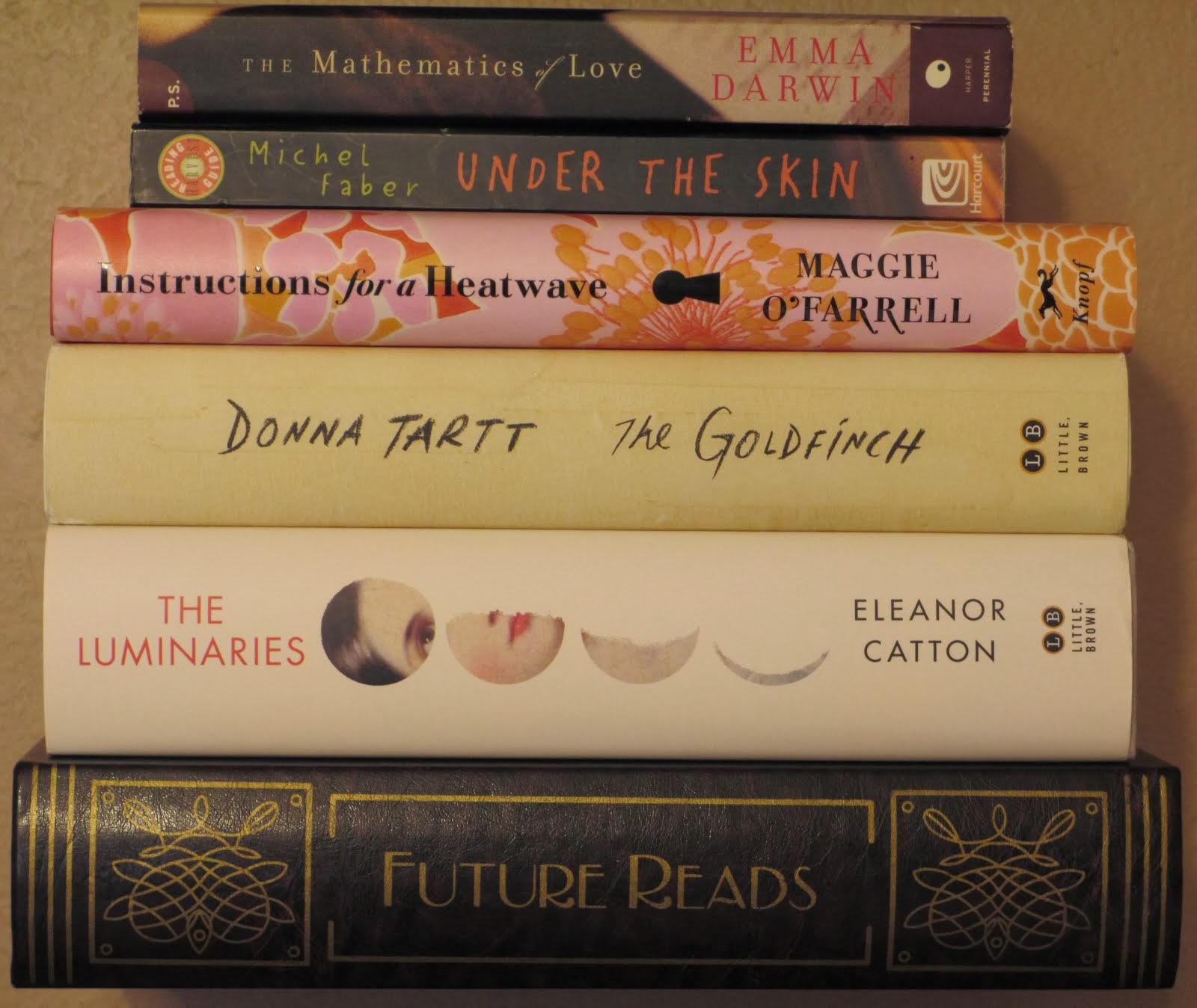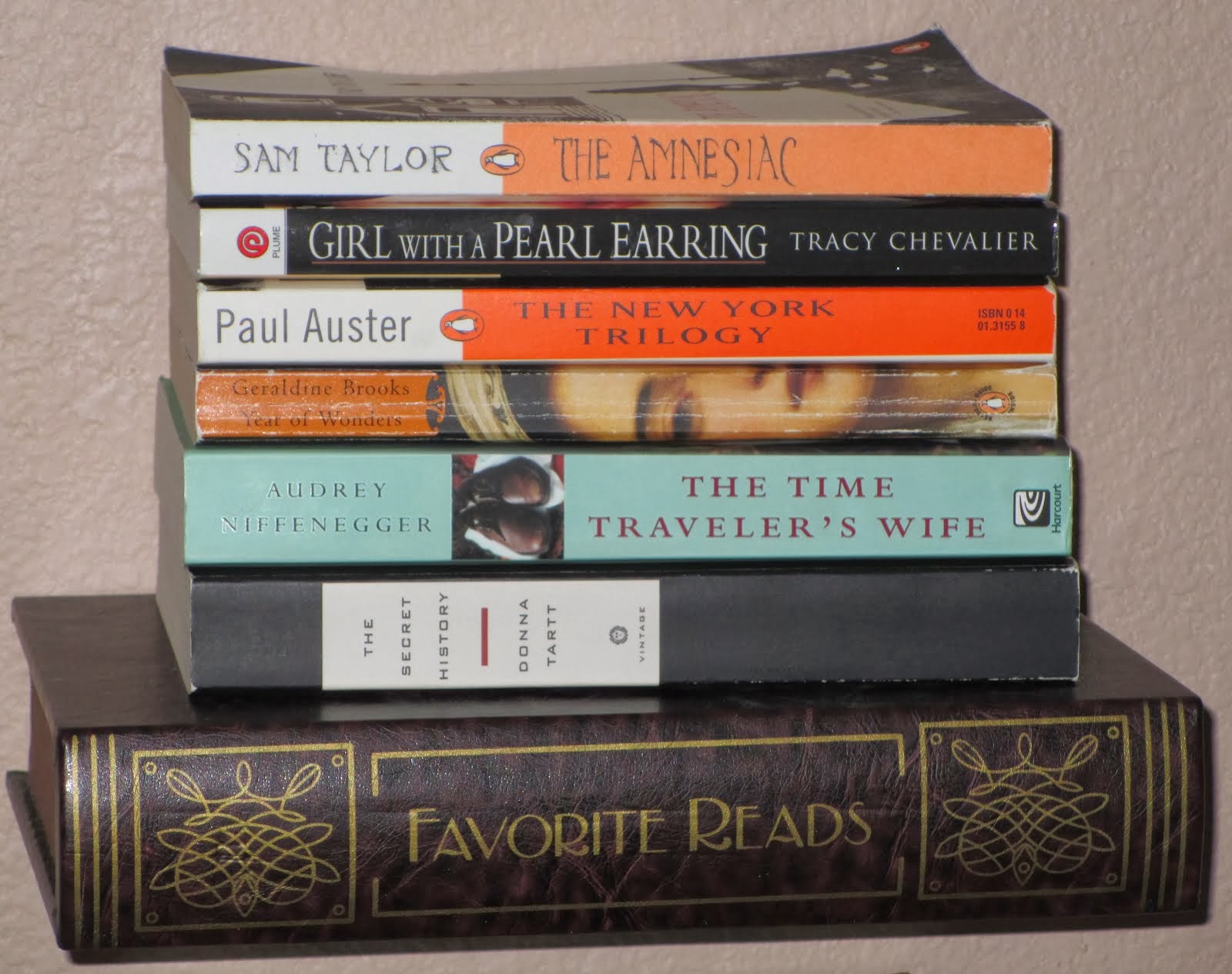Dictionary Day! It's back by popular demand. (Not really, but I've had some words lying around waiting for me to look them up and I figured now was as good a time as any.) Well, leave it to Edith Wharton to come up with another handful of words I don't know. The first three are all from Madame de Treymes:
1. Escutcheon. "There must be no scandal, no retentissement, nothing which her boy, necessarily brought up in the French tradition of scrupulously preserved appearances, could afterward regard as the faintest blur on his much-quartered escutcheon." It kind of makes me think of "listen" in Spanish, but that doesn't make sense. Maybe it means reputation. Webster says: A defined area on which armorial bearings are displayed and which usually consists of a shield. Um, I was wrong. No points.
2. Propinquity. "Propinquity had not been lacking: he had known Miss Frisbee since his college days." Opportunity? Later, the same word is used again: "Mr. Boykin, at this point, advanced across the wide expanse of Aubusson on which his wife and Durham were islanded in a state of propinquity without privacy." That sounds more like proximity. Webster says: Nearness of blood: kinship; nearness in place or time: proximity. One great big fat shiny point for me!
3. Redoubtable. "Durham identified the slender dark lady loitering negligently in the background, and introduced in a comprehensive murmur to the American group, as the redoubtable sister-in-law to whom he had declared himself ready to throw down his challenge. There was nothing very redoubtable about Madame de Treymes, except perhaps the kindly yet critical observation which she bestowed on her sister-in-law's visitors." Formidable? Webster says: Causing fear or alarm: formidable. Would you look at that. Two in a row!
These last two are from Lucrezia Borgia:
4. Inimical. "'It does not seem to me to be apt to tell him absolutely that we do not wish it: because such a hostile response would make him most inimical towards us . . . '" At first I was thinking "inimitable" (matchless), but this is different. It must mean something similar to hostile. Webster says: Being adverse often by reason of hostility or malevolence. I'm on a roll! That makes three.
5. Tergiversation "But the time for tergiversation was over: by early July, Ercole had lain down his arms and accepted his--and Alfonso's--fate." OK, is it just me or does that word sound totally made up? By context, I think it's like rebellion. Webster says: Evasion of straightforward action or clear-cut statement; equivocation; desertion of a cause, party, or faith. Hm, more subtle than outright rebellion. I would normally try to sneak a fraction of a point here but I already have three good ones and that's enough for today.
The Bride’s Week #16 – w/e 21/4
1 day ago





















